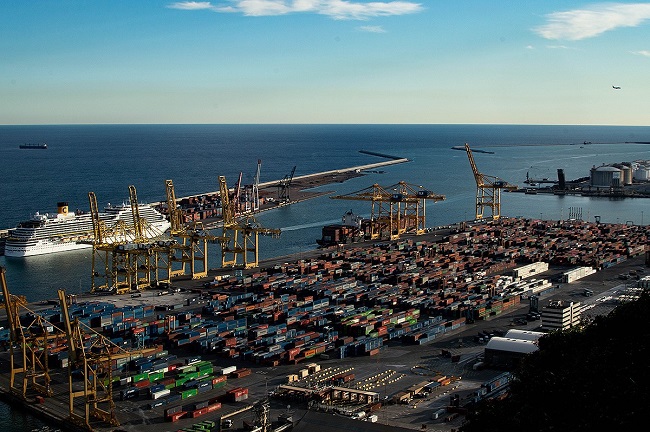The mission of the Strategy is to contribute to a change in the approach of the Mediterranean project to Europe, to strengthen relations and exchanges between actors on both shores and to deploy in the Mediterranean the goals of the 2030 Agenda for Sustainable Development.

The Government of Catalonia has passed the Mediterranean Strategy of Catalonia, MedCat 2030, a roadmap at the service of a priority for Catalan foreign action: the Mediterranean. The document includes the 2019-2022 Action Plan that will be promoted over the next four years. It is a medium- and long-term tool that establishes a vision, axes and strategic objectives. Its 2030 horizon is aligned with the global challenges within the framework of the Sustainable Development Goals of the United Nations 2030 Agenda.
The content of the Strategy has been designed and agreed by all the departments of the Government of Catalonia, as well as with civil society actors and experts. The MedCat 2030 Strategy identifies three main axes. The first one is the commitment to global challenges, promoting a regional model to address the human, social and economic challenges that affect all external action. Secondly, the impact and a renewed project, contributing to the promotion of a new European project for the Mediterranean. Finally, the alliances for projection and exchange, providing visibility, encouraging relations and bringing the Mediterranean closer to Catalan society.
Some data illustrate the weight of the Mediterranean in Catalonia in different sectors of social, cultural and economic opportunity. It highlights the importance of human links. 21% of all foreign residents in Catalonia come from the southern shore of the Mediterranean. The Mediterranean represents 28% of all Catalan cooperation to the world (2017). Almost 25% of university mobility comes from a Mediterranean country.
Currently, around thirty centres, international institutions and networks dedicated exclusively to the Mediterranean have their headquarters in Catalonia. Likewise, relations with the Mediterranean represent 32.7% of foreign trade in Catalonia (2017). With Barcelona as the most important port in terms of passenger volume, Catalonia is the largest intermodal logistics hub in southern Europe.